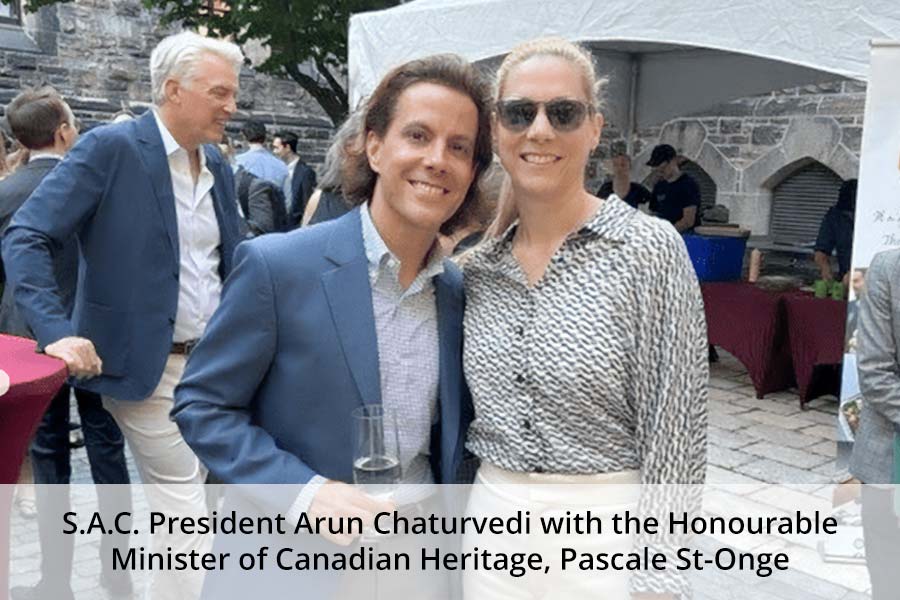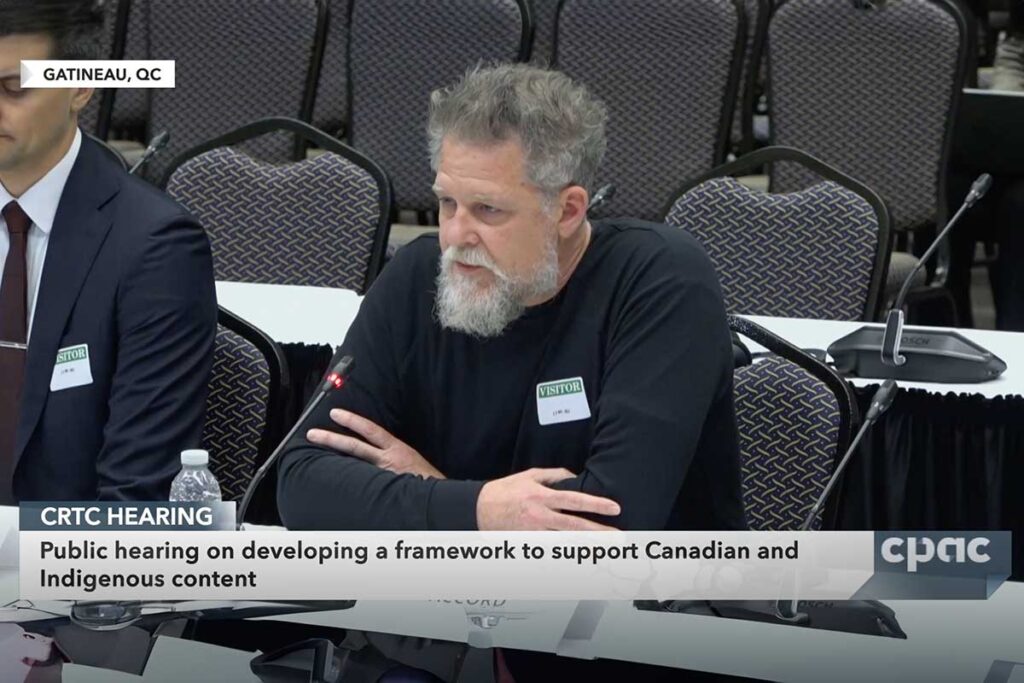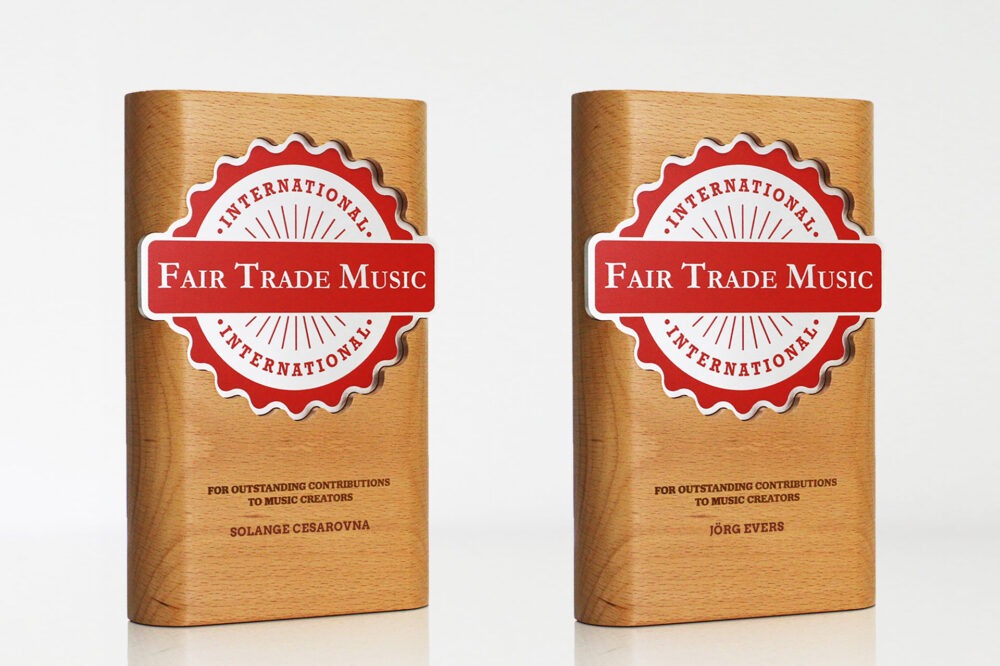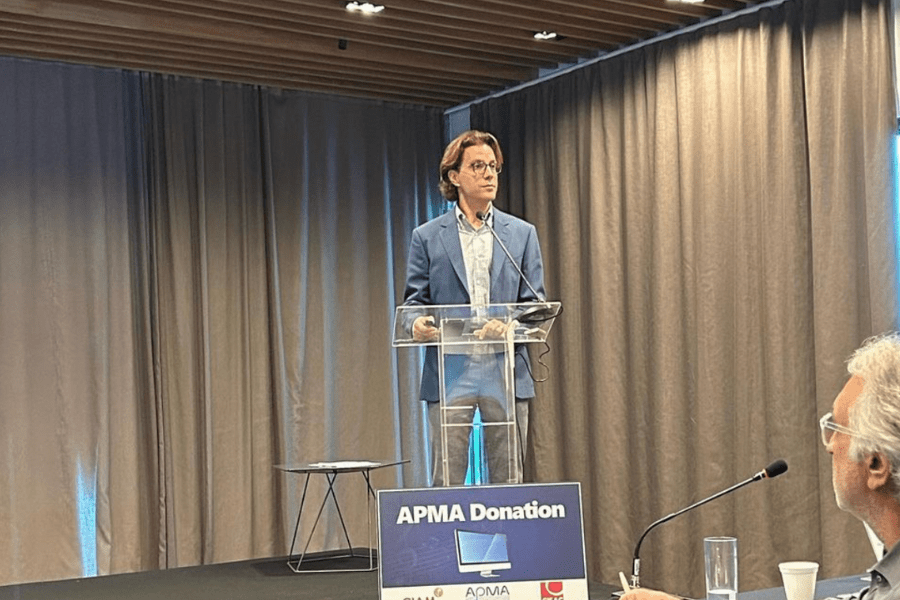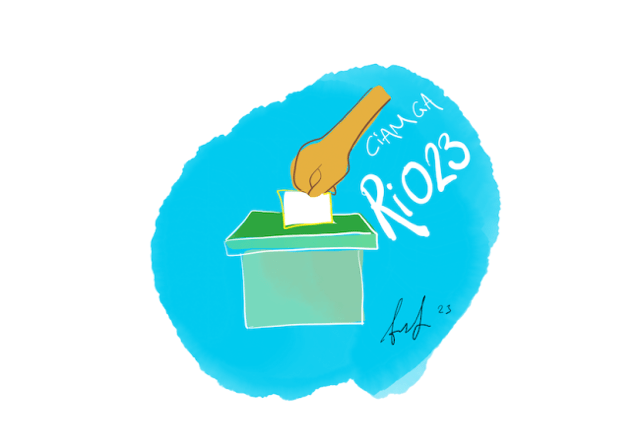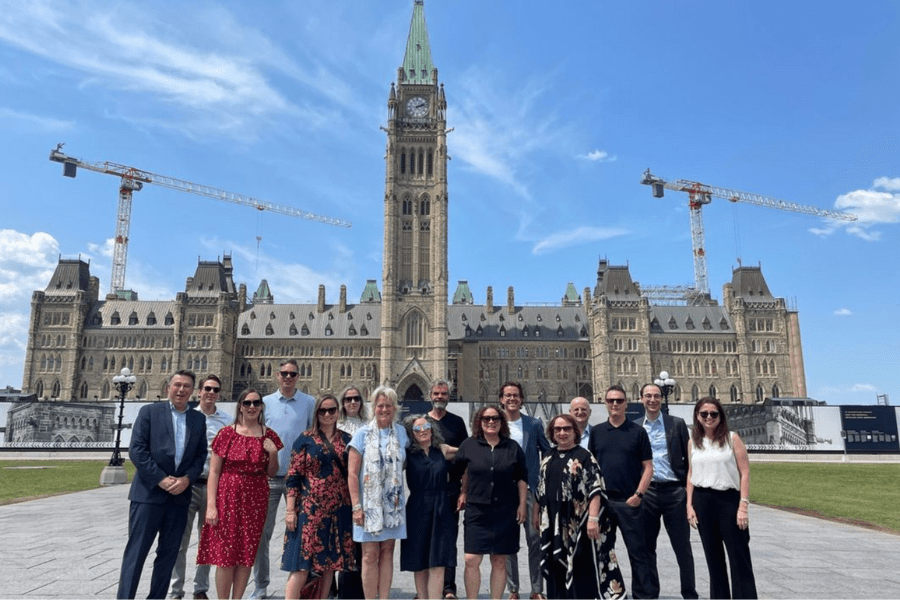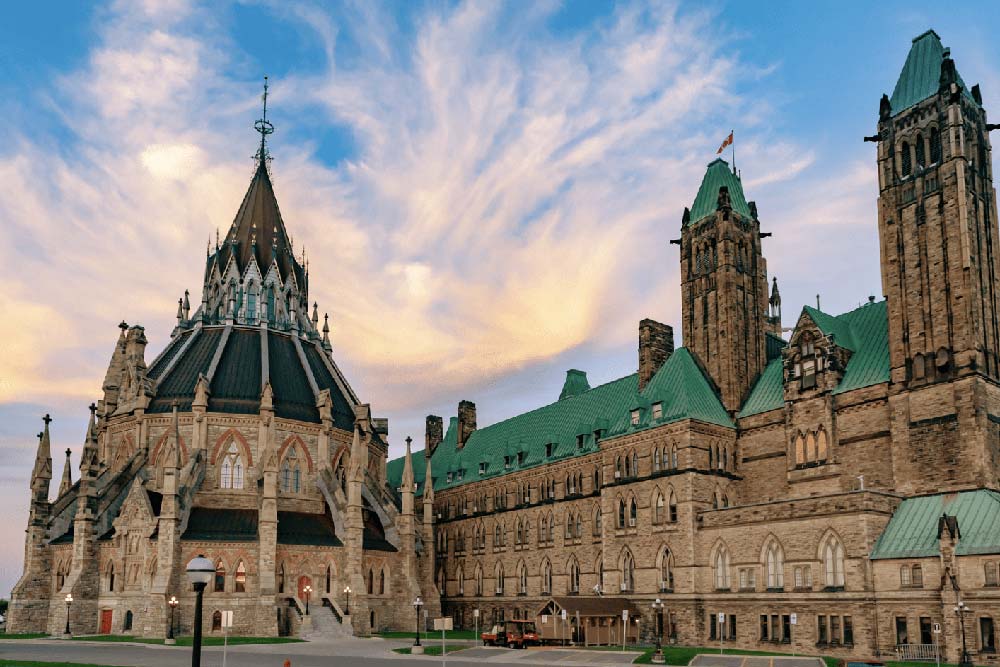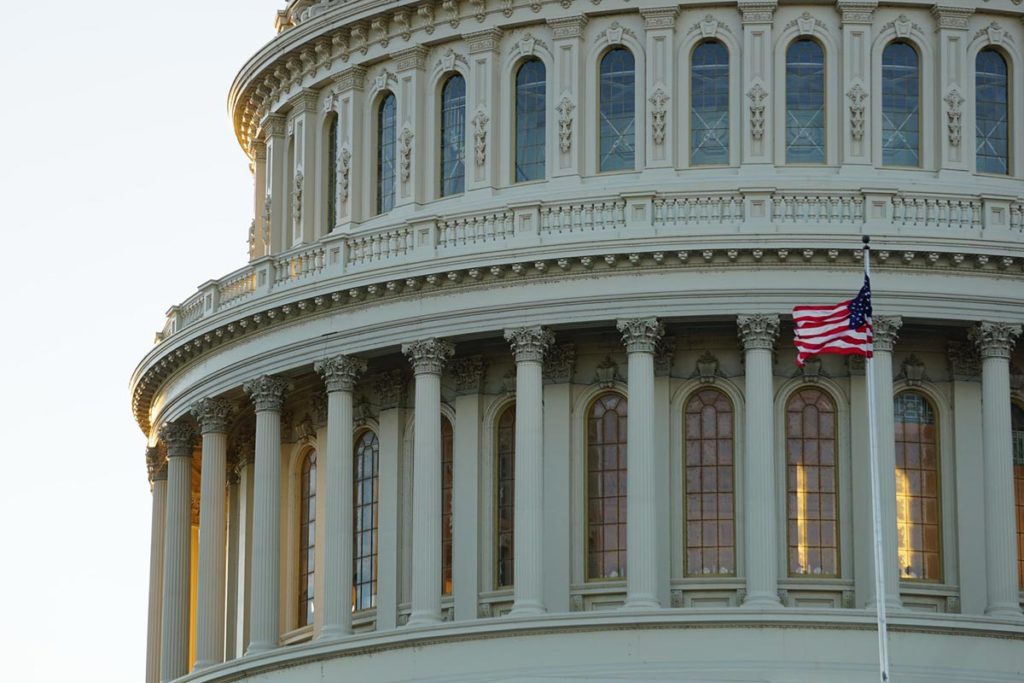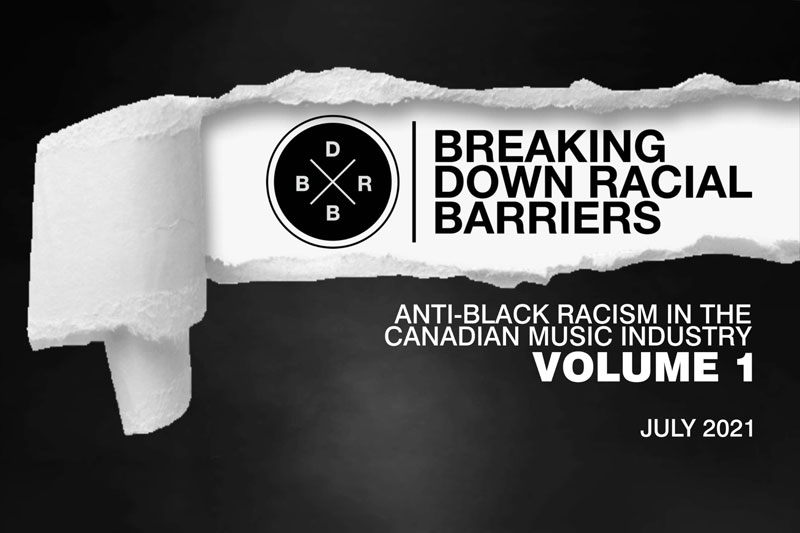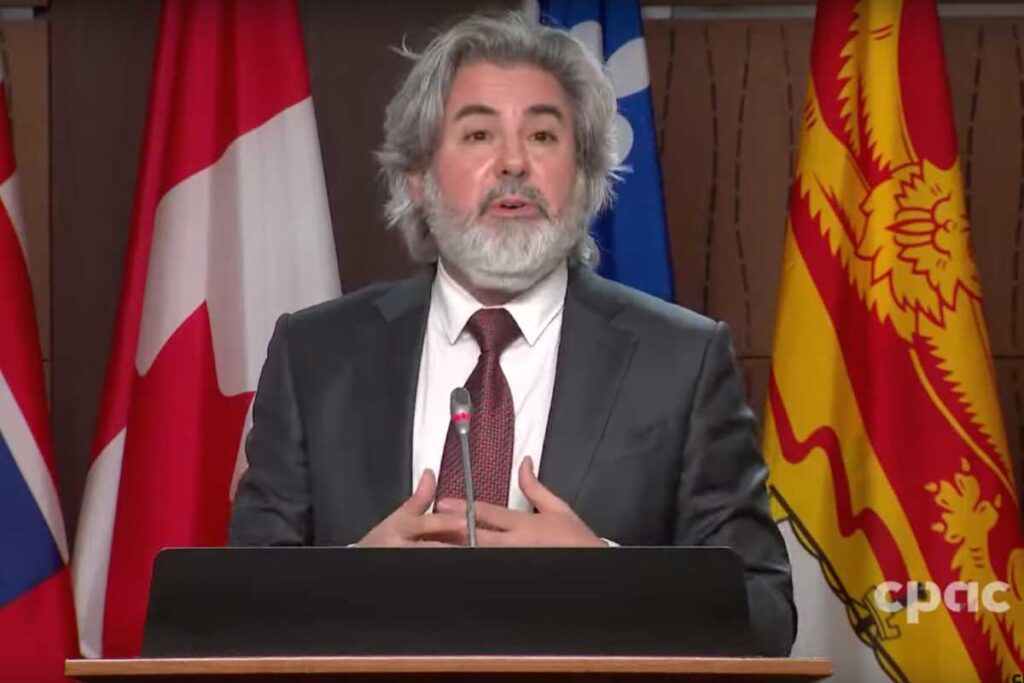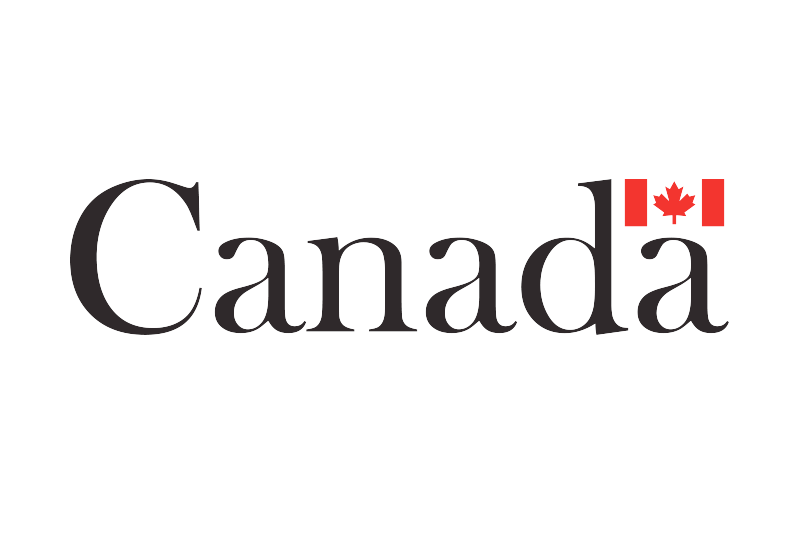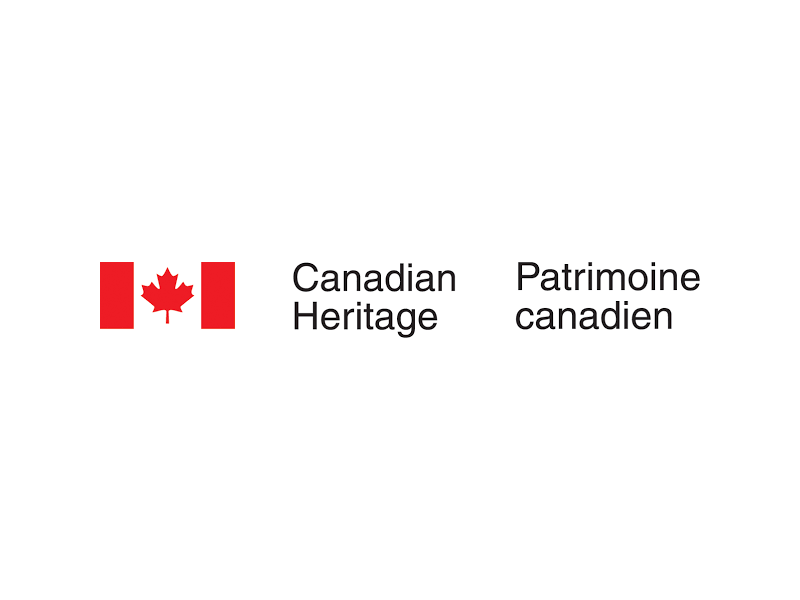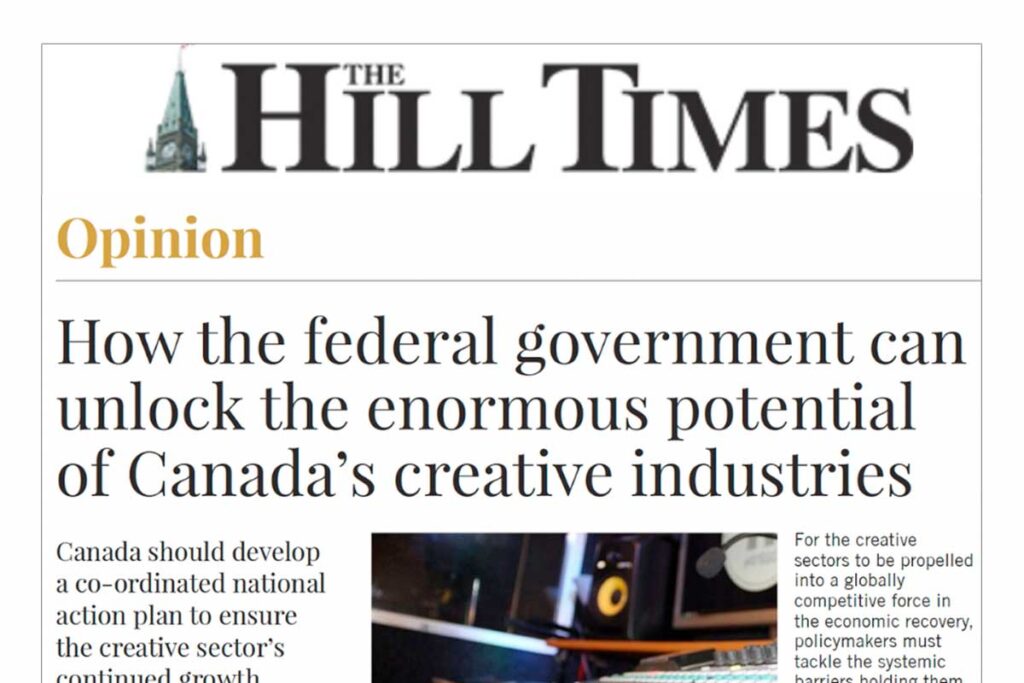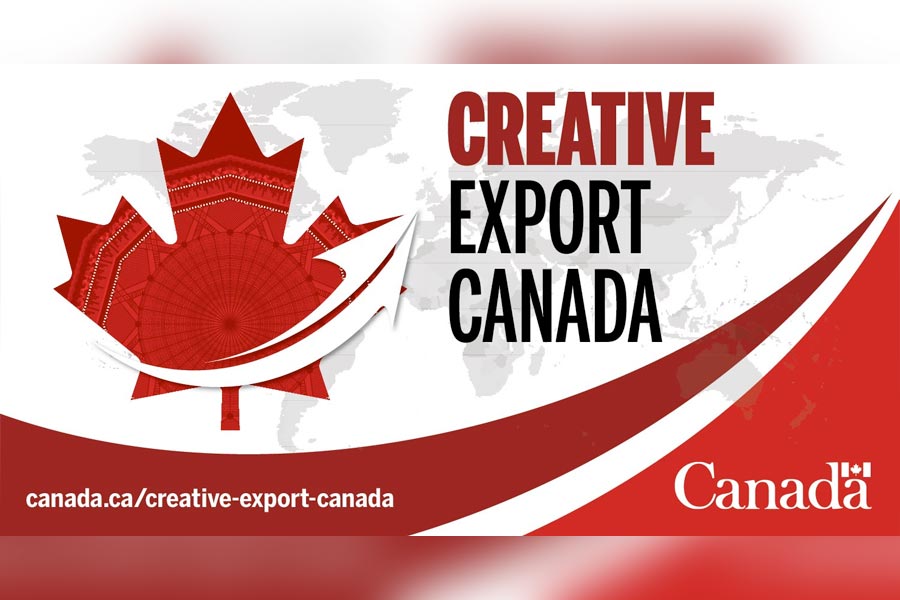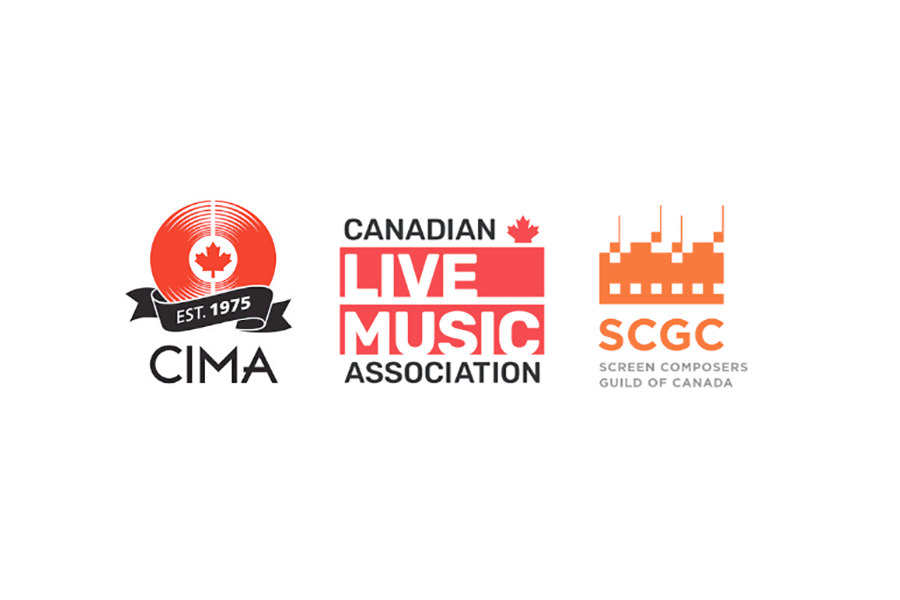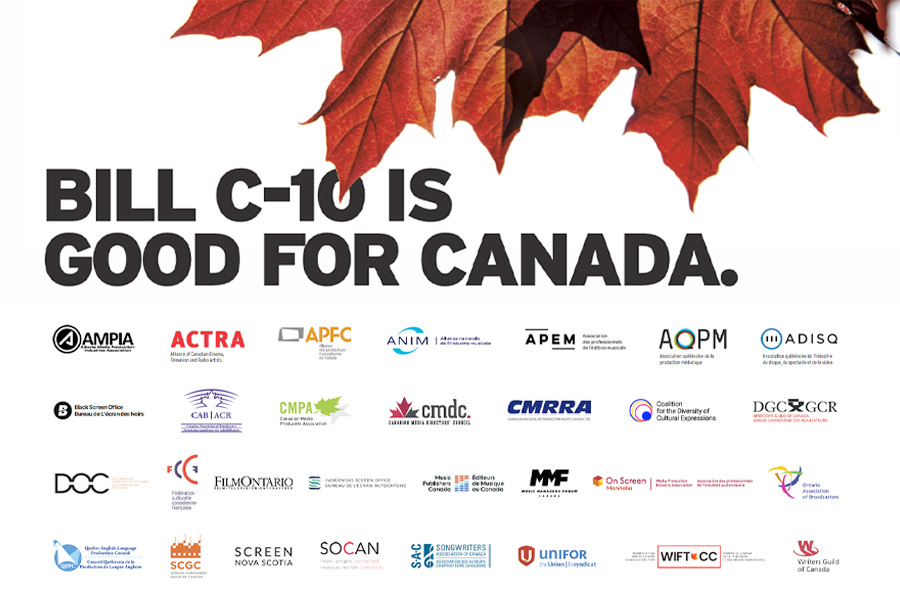Our Advocacy Work
In a world dominated by streaming services, the value of a song is often reduced to mere fractions of a cent, placing immense pressure on songwriters. Many struggle for recognition and fair compensation, frequently receiving a disproportionately small share of the revenue generated by their work.
The Songwriters Association of Canada (S.A.C.) plays a crucial role in advocating for songwriters’ rights and recognition. Understanding that songwriters are the backbone of the music industry, S.A.C. works tirelessly to ensure their voices are heard and their contributions valued.
S.A.C. Applauds U.S. Copyright Office Ruling on Termination Rights
The Songwriters Association of Canada commends the recent decision by the US Copyright Office (USCO) that reaffirms termination rights under the Music Modernization Act. This ruling clarifies that songwriters can…
Creators of Canadian and indigenous content to receive CAD $200 million boost as new legislation requires foreign-owned streaming giants to make cultural contributions
Toronto, Canada – 4 June 2024: The Canadian Radio-television and Telecommunications Commission (CRTC) has announced changes that for the first time, require certain online streaming services to make contributions that…
S.A.C. in Ottawa
S.A.C. President Arun Chaturvedi was in Ottawa this week, meeting with lawmakers, parliamentarians, MPs, and senators, urging them to take actionable steps to protect creator rights with respect to generative…
Meeting with The Department of Industry, Science and Economic Development
The Songwriters Association of Canada (S.A.C.) met today with officials from the Department of Innovation, Science, and Industry (ISED) to discuss the impact of generative AI on music creators. The…
Meeting with the Department of Industry, Science, and Economic Development (ISED)
S.A.C. President Arun Chaturvedi met today with the Canadian Government’s Department of Innovation, Science, and Economic Development (ISED), encouraging them to strongly consider the rights of music creators when developing…
The S.A.C. Urges Government To Adopt Principles That Respect Music Creators When Regulating AI
Yesterday, the S.A.C. joined other signatories in urging the Canadian Government to adopt principles that prioritize the rights of music creators when regulating AI. These principles aim to establish a…
Meeting with The Department of Canadian Heritage
S.A.C. President Arun Chaturvedi and Chair Greg Johnston met today with the Department of Canadian Heritage, urging them to champion principles that protect music creators with respect to generative AI.…
S.A.C. Testifies at Public Hearing on Canadian and Indigenous Content
The Canadian Radio-television and Telecommunications Commission (CRTC) held a public hearing in Gatineau, Quebec on November 23rd, on the development of a regulatory framework regarding contributions to support Canadian and…
Roundtable discussion – “Copyright in the Age of Generative Artificial Intelligence”
On November 23, 2023, the Songwriters Association of Canada (S.A.C.) participated in the Canadian Government Department of Innovation, Science and Industry (ISED) ‘s roundtable discussion on “Copyright in the Age…
Fair Trade Music International announces winners of inaugural FTMI Awards for outstanding contribution to music creator rights
Cape Verdean songwriter Solange Cesarovna and German composer Jörg Evers are award recipients in 2023 10 November 2023 – Rio de Janeiro: Fair Trade Music International (FTMI) has announced Cape Verdean…
CIAM General Assembly in Rio de Janeiro, Brazil
Representatives from the Songwriters Association of Canada (S.A.C.) recently attended the International Council of Music Creators (CIAM) general assembly in Rio de Janeiro, Brazil. S.A.C. President Arun Chaturvedi provided an…
CIAM General Assembly and International Women’s Song Camp
S.A.C. is thrilled to be attending this year’s CIAM GA in Rio de Janeiro, Brazil. The global unified voice of music creators, the International Council of Music Creators (CIAM), will…
S.A.C. at ALL IN AI
Songwriters Association of Canada President Arun Chaturvedi recently attended the ALL IN AI conference in Montreal as part of a broad delegation from the Coalition for the Diversity of Cultural…
Submission in response to: Consultation on Canadian Guardrails for Generative AI – Code of Practice
Filed on September 14, 2023 (Download as PDF) 1. This submission is filed on behalf of The Screen Composers Guild of Canada (SCGC), the Songwriters Association of Canada (SAC) and…
A Hero of the Song
The following is written by CIAM President, S.A.C. President Emeritus and songwriter Eddie Schwartz. In November of this year, one of CIAM’s sister organizations, Fair Trade Music International (FTMI), will…
S.A.C. and CPCC in Ottawa
The Songwriters Association of Canada (S.A.C.) recently joined the Canadian Private Copying Collective (CPCC) and a delegation of over 20 music industry associations in Ottawa. The group participated in roundtable…
S.A.C. in Ottawa
Representatives from the Songwriters Association of Canada (S.A.C.) were in Ottawa this week, meeting with MPs and Senators to discuss the implementation of the Online Streaming Act. This crucial legislation…
Songwriters Association of Canada (S.A.C.) applauds the Senate’s recent passing of Bill C-11, the Online Streaming Act.
Toronto, ON – April 28, 2023 The Songwriters Association of Canada (S.A.C.) is thrilled to welcome the passage of Bill C-11 by the Senate. This a historic milestone for the…
Stand Up for Bill C-11 – Write to your MPs today
Dear S.A.C. members and songwriters: If you believe that online businesses should contribute to the Canadian cultural ecosystem in the same way that traditional businesses do, in order to support…
Mechanical royalties: Footnote to a historic achievement
Our international partner, the International Council of Music Creators (CIAM) has released a summary of the recent achievements regarding the US Copyright Royalty Board and mechanical royalties on physical and downloads. The…
Breaking Down Racial Barriers: Anti-Black Racism in the Canadian Music Industry (Volume 1)
As a proud signatory of Breaking Down Racial Barriers, S.A.C. is encouraging all our members and peers to take the time to acknowledge the Report – Volume 1 of Breaking…
SOCAN Responds to Tabling of Online Streaming Act (EN / FR)
Canadians Agree: Online Streaming Companies Should Promote Music Made in Canada français à suivre Toronto, February 3, 2022 –More than two-thirds (68%) of Canadians agree that it is important for…
The Rules for Online Streaming Are Changing
On February 2, 2022, a press conference took place with The Honourable Pablo Rodriguez, Minister of Canadian Heritage and Multiculturalism, where he discussed the introduction of the proposed Online Streaming…
Feds re-table Broadcasting Act bill and Music Creators are being heard!
The bill to amend the Broadcasting Act, the Online Streaming Act, was tabled today in the House of Commons. This bill represents an important step forward in making streaming platforms…
MCNA submits ‘letter in response’ to US Copyright Royalty Board
January 27th 2022 – Yesterday MCNA (Music Creator’s North America), joined it’s member organizations (AWFC) The Alliance for Women Film Composers,(CMC) Council of Music Creators, (SCGC) Screen Composers Guild of…
How the Federal Government Can Unlock the Enormous Potential of Canada’s Creative Industries
By: Margaret McGuffin September 22, 2021 Canada should develop a co-ordinated national action plan to ensure the creative sector’s continued growth. TORONTO—Throughout this election campaign, Canada’s creative industries have heard…
Government of Canada Investments of $70 Million to Support Canada’s Artists and Live Music Sector
The Minister of Canadian Heritage, Steven Guilbeault, recently announced $70 million over three years to support the country’s live music sector and artists through the pandemic. The government is allocating…
Minister Guilbeault Announces British Columbia’s Final Recipients of Creative Export Canada Funding
The Creative Export Canada Funding program was designed to help cultural industries expand into global markets. The Minister of Canadian Heritage recently announced B.C.’s three recipients that will share $671,000…
Stop Playing Politics with the Canadian Creative Sector and Bill C-10
On June 4th, 2021, The Lethbridge Herald published remarks by Lethbridge MP and Official Opposition Critic for Digital Government, Rachael Harder. Ms. Harder’s comments have rightly received widespread condemnation from…
Bill C10 is good for Canada
S.A.C. is a proud signatory and supporter for Bill C-10. Bill C-10 is a critical first step towards rules that are fair and effective, and reflect the modern-day media landscape.…


